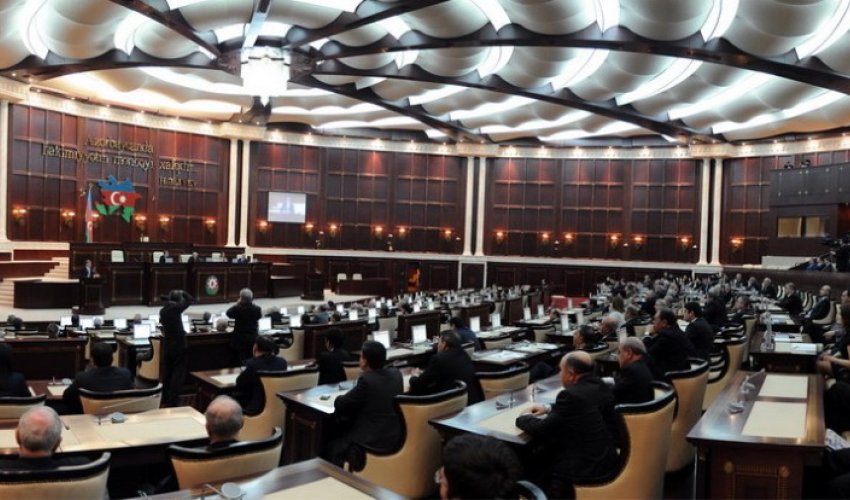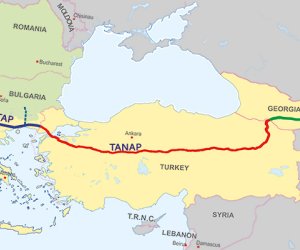Azerbaijan economy: Quick View - Government imposes currency controls

(Economist Intelligence Unit) -- On January 19th the government imposed a 20% tax on foreign-currency outflows linked
to direct investment abroad and the purchase of real estate or securities abroad.
Analysis
The move is a response to low oil prices, which have put the currency under heavy pressure. In December the government
devalued the manat by over 30% against the US dollar, to Manat1.55:US$1, from Manat1.05:US$1 previously. The Central Bank
of Azerbaijan (CBA) stated its intention to shift to a free-floating exchange-rate regime, but in practice it has sought
to hold the currency steady against the dollar in the short term.
Capital outflows have remained high even after the most recent devaluation, following further falls in the oil price. Business New Europe, a business magazine, reported that the currency was trading at a black market rate of Manat2-2.2:US$1 in early January.
The government has also sought to incentivise savers to retain assets in manat by removing the Manat30,000 (US$18,800) ceiling on government insurance of local-currency deposits, and cancelling a 10% tax on interest on savings for three years.
The experience of other countries suggests that some businesses and individuals will be able to evade the tax, particularly given the large size of Azerbaijan's informal economy and long-standing weaknesses in bank regulation. The controls may therefore entrench the black market currency rate. Concerns about an expansion of capital controls may actually increase the demand for dollars in the short term-not helped by the fact the head of the CBA has told the Financial Times that he had considered a blanket ban on capital outflows. However, if foreign currency is made freely available to anyone willing to pay the 20% tax, the capital controls may help to stabilise the currency.
The capital controls will raise the cost of doing business for foreign companies and damage Azerbaijan's standing with
investors. The country's business environment ranking is already low and the sharp devaluation of the manat has already reduced the profitability of repatriated income for foreign companies in dollar terms. The imposition of capital controls will make it even harder for the country to attract foreign investment outside the commodity sector.
www.ann.az
Similar news
Similar news
Latest news 
More news 



































 Photo
Photo 



 Video
Video 

